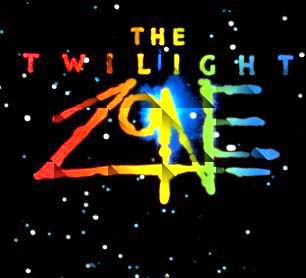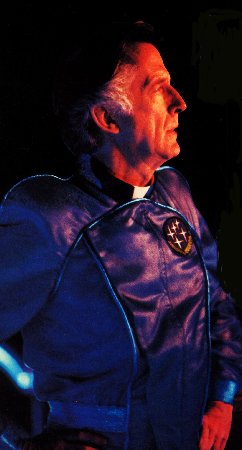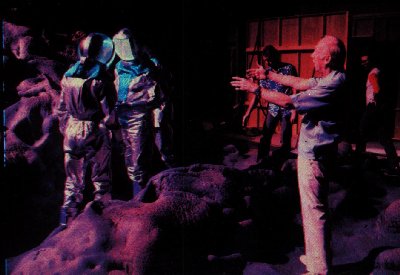 |
||||||||||||
|---|---|---|---|---|---|---|---|---|---|---|---|---|
| Original Story by Arthur C. Clarke | ||||||||||||
| Teleplay by Alan Brennert | ||||||||||||
| Directed by Gerd Oswald | ||||||||||||
| Original Airdate - December 20, 1985 | ||||||||||||
|
||||||||||||
| Story: | ||||||||||||
|
||||||||||||
|
||||||||||||
"The Star" is the third Christmas-themed segment of this Christmas episode. It's based on the Arthur C. Clarke short story of the same name, and adapted by Alan Brennert. Arthur C. Clarke stories are hard to adapt of a physical medium, as are Ray Bradbury's. Both authors deal so much in ephemeral ideas and fantasy elements that they are most often better left as short stories, where the reader can use their own imagination to fill out the details. However, that has not stopped people from trying to bring them to the big and small screen, at least in Bradbury's case. Clarke adaptations have been fairly rare, though. "2001: A Space Odyssey" is known by most everyone, and it's the most famous of Clarke's stories to be filmed. "The Star" is one of his more well-known short stories, first published in 1956. I remember reading it as a kid in the 60's, in a complilation of stories; I spent a lot of my time reading sci fi and ghost stories when I was growing up, scaring myself silly. I was never really a fan of Clarke's writing, though. I prefer more human stories than those he wrote, which seemed remote and were more concerned with the movements of the universe than people. I did read "Rendezvous with Rama," sometime around 1980, and enjoyed parts of it but not the whole. I say this only to let you know that I'm not really a fan of Clarke's writing, and can't stand to watch "2001," and that might color my view of this episode. Alan Brennert did a good job adapting the story for the teleplay, giving it a more hopeful ending than the original story had. The teleplay starred Fritz Weaver, an original TZ alum from "Third from the Sun" and "The Obsolete Man" as a Jesuit scientist who can find no good in what happened to the advanced race that died when the star went supernova. Donald Moffat plays a scientist who tries to help Weaver see that there was good in what happened. Moffat is another alumnus of Serling's, having starred in the Night Gallery episode "Pickman's Model," one of my favorite Night Gallery segments. What to say about the story? It is the type of story that fit the Twilight Zone mold. There is a twist at the end, though it depends on your view of religion as to what kind of impact it will make on you. If you're a non-believer, the story becomes nonsense because you don't think the Bible is literally true anyway, so it robs the ending of much of its power. If you do believe the Bible contains hard facts, the story might affect you in several ways, as it did Weaver's character. If you're the type of person who would like to meet an advanced peaceful civilization from space, the story has much more of an impact, since the supernova wiped out such a civilization.
|
||||||||||||




